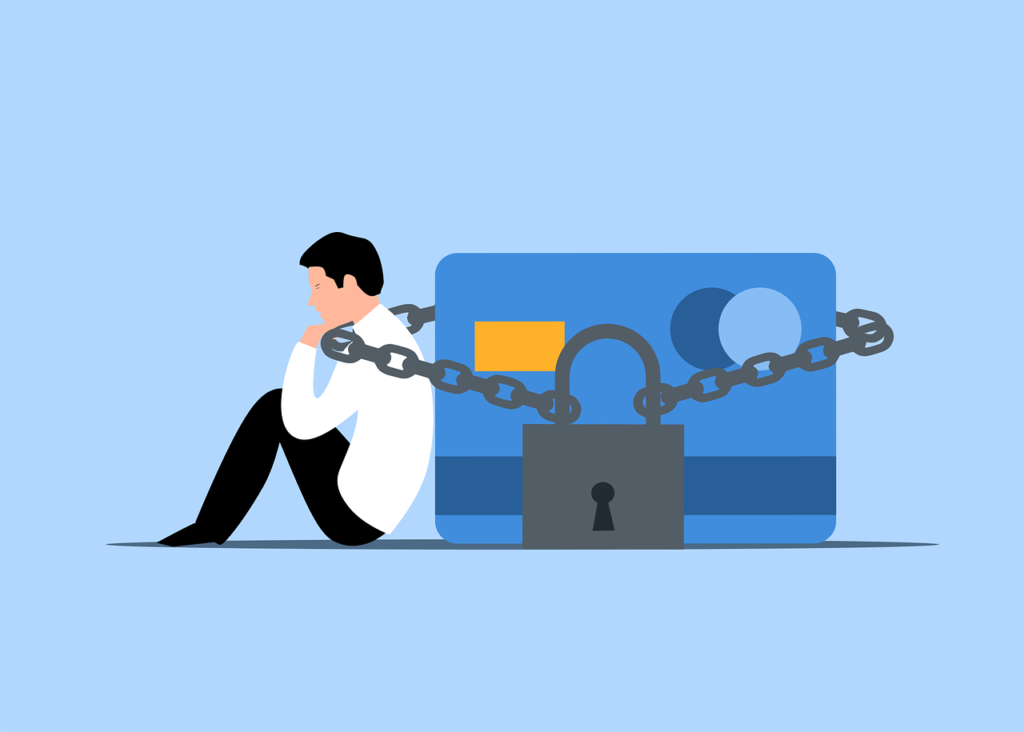Have you ever found yourself in a situation where you’ve made a purchase or payment, only to realize that you don’t have enough money in your account to cover it? This can be a frustrating experience, and it can become even more frustrating when you realize that your bank has charged you an overdraft fee. In this blog post, I’ll explain what overdraft fees are, how they work, and provide tips on how to avoid them.
First and foremost, let’s look at what overdraft fees are. Overdraft fees are a type of fee that banks charge when you try to spend more money than you have in your account. These fees can add up quickly. Making it important to understand how they work and how to avoid them.
Overdraft fees can be charged for a variety of transactions, including ATM withdrawals, debit card purchases, and checks. The amount of an overdraft fee varies from bank to bank, but it is typically at or under $35 per transaction. Some banks also charge a daily fee for each day that an account remains overdrawn. Overdraft fees can add up quickly, so it is important to be aware of your account balance and avoid overdrawing it.
Now let’s look at how your bank processes your deposits and withdraws. During nightly processing banks generally credit your account with deposits first and then debit your account for the withdrawals. This helps prevent excessive overdrafts and overdraft fees. If you don’t have enough deposit credited to your account to cover the withdrawals, you will be charged an overdraft fee. Once you have overdrafted your account and it has posted to your account in nightly processing you will be assessed an overdraft fee and sent a letter/notice from your bank. At this point, you will most likely wake up to a negative balance in your account.
So, what happens if you are charged overdraft fees and you don’t pay? Well, the consequences of not paying overdraft fees can vary depending on the bank’s policies. Some banks may simply continue to charge the fee until it is paid. Others may close the customer’s account or report the delinquency to a credit bureau. If a customer’s account is closed, they may have difficulty opening a new account at another bank. If a customer’s delinquency is reported to a credit bureau, it can damage their credit score.
If you are struggling to pay your overdraft fees, you should talk to your bank. They may be willing to work with you to create a payment plan or waive the fees. You may also want to consider switching to a bank that does not charge overdraft fees.
Here are a few things you can do to avoid overdraft fees:
- Opt out of overdraft protection. Opting out will prevent your bank from covering overdrafts, but your transactions will get declined if you don’t have enough money in your account.
- Link your checking account to a savings account. This way, if you overdraw your checking account, the bank can transfer money from your savings account to cover the overdraft.
- Set up a budget and track your spending. This will help you to stay on top of your finances and to avoid overdrawing your account.
- Ask your bank to waive the overdraft fee. If you have a good relationship with your bank, they m might be willing to waive an overdraft fee.

